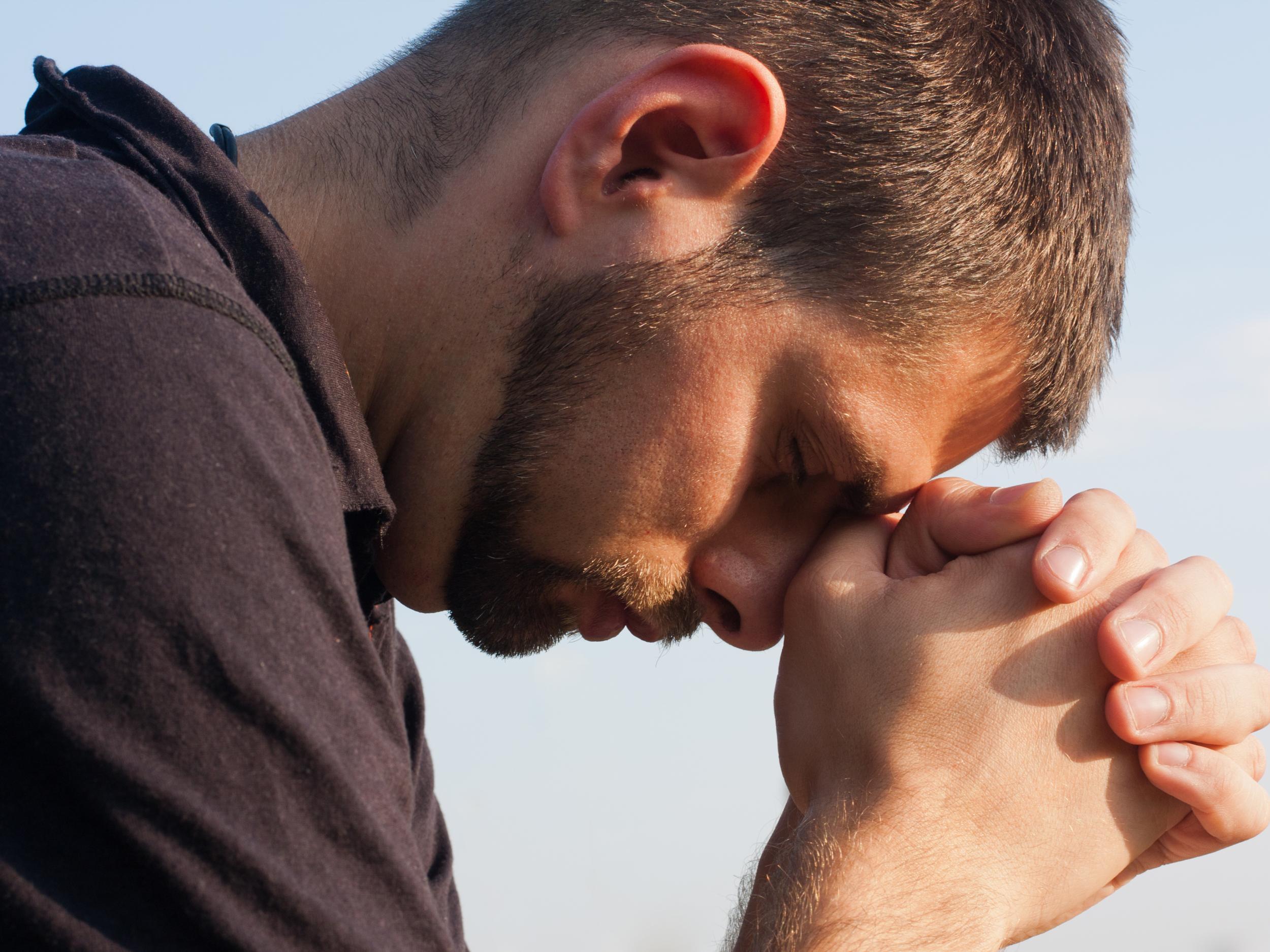Anxious men 'twice as likely to die from cancer'
'Clinicians don’t give enough importance to anxiety,' says lead researcher

Your support helps us to tell the story
This election is still a dead heat, according to most polls. In a fight with such wafer-thin margins, we need reporters on the ground talking to the people Trump and Harris are courting. Your support allows us to keep sending journalists to the story.
The Independent is trusted by 27 million Americans from across the entire political spectrum every month. Unlike many other quality news outlets, we choose not to lock you out of our reporting and analysis with paywalls. But quality journalism must still be paid for.
Help us keep bring these critical stories to light. Your support makes all the difference.
Men who suffer from severe anxiety are more than twice as likely to die from cancer as men who do not, a major new study has found.
Yet researchers discovered no such association between anxiety and cancer in women.
Scientists have called on politicians and doctors to stop treating anxiety as a "personality trait" and start associating it with lethal diseases – such as cancer.
The study focused on general anxiety disorder (GAD), a common mental health condition characterised by uncontrollable worry, insomnia and restlessness that can be debilitating.
While the investigation could not prove that anxiety causes cancer, experts have speculated that stress weakens the immune system.
There is not yet as explanation of why the association was not found in women.
Researchers for the large British and European project analysed medical data from nearly 16,000 participants spanning 15 years and cross-matched it with death records.
They found that of the 7139 men surveyed, 126 of them had GAD. Over the 15-year period they found men with GAD were twice as likely to die of cancer than those who did not have anxiety.
However this association was not found in the 214 women who had GAD.
Lead researcher Olivia Remes from Cambridge University, said the project demonstrated people needed to think about mental health issues in a different way.
"Society may need to consider anxiety as a warning signal for poor health.
"Researchers, policy-makers and clinicians don’t give enough importance to anxiety, and this needs to change.
"A large number of people are affected by anxiety and its potential effects on health are substantial.
"With this study, we show that anxiety is more than just a personality trait, but rather, it is a disorder that may be associated with risk of death from conditions, such as, cancer."
Professor David Nutt, from Imperial College supported the findings.
"These results do not surprise me," he said.
"The intense distress that these people suffer often on a daily basis is usually associated with a great deal of bodily stress, that is bound to have a major impact on many physiological processes including immune supervision of cancerous cells.
"Much more information and investment need to be given to the diagnosis and treatment of anxiety disorders."
Subscribe to Independent Premium to bookmark this article
Want to bookmark your favourite articles and stories to read or reference later? Start your Independent Premium subscription today.
Join our commenting forum
Join thought-provoking conversations, follow other Independent readers and see their replies
Comments